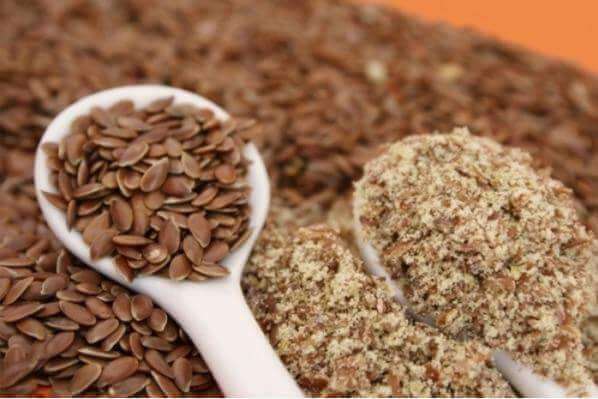Muslims all throughout the world observe fasting for one whole month during Ramadan. Muslims fast from dawn to dusk throughout Ramadan, which might make it difficult to follow a healthy diet and reduce body fat. However, it is possible to follow a nutritious Ramadan eating plan that can aid with weight loss with some advance planning and preparation. In this post, we’ll look at some ideas and tactics for a wholesome Ramadan food plan that promotes weight loss.
1. Eat Suhoor
Muslims eat suhoor just before dawn to prepare for the commencement of their fast. Suhoor consumption is crucial for sustaining energy levels all day long and avoiding overindulgence during iftar, the meal that breaks the fast. Complex carbohydrates, lean protein, and good fats should all be included in a balanced suhoor meal. Healthy suhoor diet choices include whole-grain bread, eggs, avocados, muesli, and Greek yogurt.
2. Hydrate Properly
During Ramadan, dehydration can result in headaches, exhaustion, and other health issues. Drink plenty of water and other hydrating liquids during non-fasting hours to avoid dehydration. Before suhoor and after iftar, you should drink some fluids to stay hydrated and avoid being too dehydrated.
3. Focus on Nutrient-Dense Foods
It’s crucial to eat foods during iftar that are high in nutrition and offer the macronutrients, vitamins, and minerals the body needs to function correctly. Fruits, vegetables, whole grains, lean meats, and healthy fats are a few examples of nutrient-dense diets. It is best to stay away from foods that are high in sugar, salt, and harmful fats because they can cause weight gain and other health issues.
4. Control Portion Sizes
After a long day of fasting, it can be tempting to overeat at iftar. Overeating, however, can result in weight gain and other health issues. Controlling meal sizes and eating slowly are crucial strategies for preventing overeating. As a general guideline, one should aim to have lean protein, complex carbohydrates, and veggies on each third of the plate.
5. Avoid Fried and Processed Foods
Foods that are fried or processed often have a lot of calories, bad fats, and sodium, which can cause weight gain and other health issues. Avoiding fried and processed meals is crucial for maintaining a healthy Ramadan diet plan. Instead, choose healthier cooking techniques like grilling, baking, and steaming.
6. Exercise Regularly
A healthy Ramadan eating plan for weight loss must include exercise. Exercise at a moderate level of intensity, such as cycling, walking, or running, can assist to reduce body fat, preserve muscle mass, and enhance general health. It’s crucial to exercise during non-fasting hours and to drink enough water.
7. Seek Professional Advice
Before beginning a Ramadan eating plan, people with certain health issues or medical problems should get guidance from a healthcare provider or a trained dietitian. They can offer individualized suggestions and counsel to support the achievement of weight loss objectives in a secure and efficient manner.
In conclusion, while still adhering to the religious fasting customs, following a healthy Ramadan food plan can aid in weight loss. It is possible to attain weight loss goals throughout Ramadan by eating a balanced suhoor meal, emphasizing nutrient-dense meals during iftar, regulating portion sizes, avoiding unhealthy foods, exercising frequently, and getting expert guidance when necessary.
Also Read:
Is Eating Chapati Good for Weight Loss
Is Consuming Flax Seeds Good for Weight Loss
Is Eating Chia Seeds Good for Weight Loss
- 10 Traditional Indian Renal Diet Recipes for Kidney Patients in 2025 - February 2, 2024
- Kerala Diet Plan for Weight Loss: A Comprehensive Guide - July 19, 2023
- Is Consuming Pav Bhaji Good for Weight Loss? - May 25, 2023



